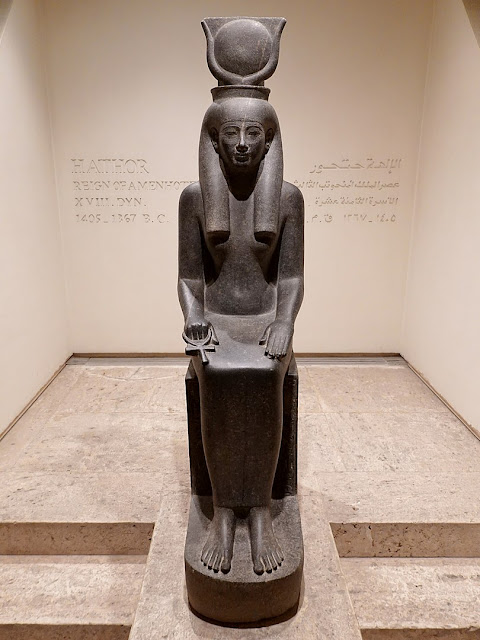I took a wistful reverie To heal from the cataclysm Our confluence had brought. Yet in my trance The muses stabbed me With shards of moments. And I bled tears, When my torment was complete, The tears dried. And the shards froze, Into perfect crystal souvenirs In my heart. Poem previously published at: https://allpoetry.com/poem/15641776-The-Souvenirs-You-Left-by-AbhijitChatterjee
Brewery Excavated at Abydos
At North Abydos, Sohag, Egypt a team of Egyptian-American archaeologists uncovered a funerary site. From this site, they excavated a 5000-year-old brewery. Archaeologists are of the opinion that it was a high-production unit for beer. A total of 40 earthenware pots has been excavated from the site. “The brewery likely dates back to the era of King Narmer” - said the team in a Facebook post. Currently, it is believed to be the oldest high-production brewery in the world.
To the ancient Egyptians, beer was a great way of preserving food grains. The Egyptian hieroglyphs depict beer as a part of their meal, along with bread, dried fish and onions.
Ancient Egyptian Brewing Culture
During the early stages of the culture of brewing, women were the chief brewers and brewing was a kind of cottage industry. It is thought that men took over the business of brewing sometime during the reign of Pharaoh Mentuhotep II (2050 - 2000 BCE). Miniature carved figures of men brewing were found at the tomb of Meketre who was the prime minister of Mentuhotep II.
Brewing gradually became a monopoly of the state and a brewer had to obtain a license from the Pharaoh or his ministry.
Beer was also a staple at religious ceremonies. One had to partake in revelry during the five-week-long feasts honouring the Goddess Hathor. During these festivities, it was considered rude not to drink until well intoxicated. Every Egyptian was entitled to a specific amount of beer for his/her daily consumption.
After centuries of being tax-free, Queen Cleopatra VII (69-30 BCE) finally levied taxes on beer and alcoholic drinks to finance her wars. But the beer was also prescribed for medicinal purposes back then. Hence the tax was considered unjust by the general population. The popularity of the queen began to decrease.
With the fall of Egypt to the Romans, the breweries were lost to the bakeries. The Romans did not have a taste for beer. They converted the Nile valley into a granary for Rome. With the advent of Islam, the last of the brewing practices were lost forever.
Originally Published at https://discover.hubpages.com/education/Five-Thousand-Year-Old-Brewery-Uncovered-in-Egypt
 Skip to main content
Skip to main content


Comments
Post a Comment
Please let me know about the quality of content